If you’ve ever needed ideas for inspiring Jewish books, places to score the best knee-length skirts or just want to share something funny when you’re living an observant lifestyle, you’re probably part of the “Frum (religiously observant) Girl Problems” community. (And if not, you’ve got to get in on it!) “Frum Girl Problems,” the brainchild of Jenna McKenna (formerly Bazelon) and some friends, is a Facebook group with over 16,000 members. Initially created as a form of support for the Baal Teshuva (returnee to Judaism) girls as they returned home from seminary, it has become a community that shares everything from serious to light-hearted posts, offering both humor and crucial advice for women at all levels and stages of Jewish observance.
Jenna, now a property manager based in Chicago, had no intention of making the group so huge. But friends started inviting other friends to join … and the numbers climbed.
As things grew, so did the challenges of managing such a large forum. While the group always had goodness at its core, it also generated numerous halachic she’eilot (questions). Jenna often had to (and still does) weigh the pros and cons of keeping the group open. Nevertheless, the forum holds strong today and is a mainstay for so many observant Jewish women.
We sat down with FGP’s leading lady to talk about all that and go behind the scenes to learn what things are really like on the backend of this massive group.
COL: Let’s take things back to the beginning. When did you start FGP and what were the first posts about?
We started the group six years ago. It was mostly jokes at that time. So many of us were back in our hometowns after seminary and needed a place to connect. We were keeping Shabbat in our parents’ houses for the first time and keeping kosher in America, so there were new challenges, and it was good to have a place to make light of them. There was also chizuk (encouragement)-related content—we needed a place that could be supportive.
Were you always the leader of the group?
I was the main poster initially, but everyone contributed. Then, as the group grew—mostly through word of mouth—the content evolved. People started asking where they could find tzniut clothing in their cities, for example, and members became more diverse in both age and where they were from, versus just post-seminary girls. We got to maybe 400 members when someone suggested I step up and moderate. At that point, I decided to make the group private so we could ensure we knew who the members were, and I became the unofficial leader of the group. I would read the messages before posting and set general rules and expectations.

How did that role evolve as things grew?
Well, now I read every message before it’s posted. On a weekly basis, I get about 50-60 messages, maybe more, and only 25 percent actually make it to the page.
Wow, why is that?
A lot of them are advertisements, so we don’t post those. We also get a lot of Tehillim requests [prayers for those who need healing], which I had to put my foot down on; they just got to be too many. The message could also be too personal or too controversial for a public discussion. For example, someone might have an issue with a Jewish vendor and they want to know how to handle the situation. While I want them to get the clarity they need, it usually creates a risk of lashon hara (negative speech) about the vendor and/or the Jewish people in general.
Then, there are other random things like a link that doesn’t work or an article that isn’t really a fit. Most often, people don’t really read the rules before posting, so I get a lot that are against the norms.
How much time do you devote to it per day?
I’ll check it maybe once every two hours throughout the day and spend about 15 minutes on it each time. I check in frequently throughout the day, in short spurts. I’ve found that method to be more effective and better for my peace of mind versus devoting an hour after work to it.
I hear that. There are often posts that spark a debate—and not always in a good way. You constantly have to moderate and make sure things don’t get out of hand. Sometimes you have to make a public statement about conduct in general. How do you go about handling these issues? Do you ever consult rabbis or mentors?
Yes, in the beginning I was definitely consulting rabbis and rebbetzins on a regular basis. Then, as time went on, I started to get the hang of it—themes repeat every so often. If something is happening now in someone’s life, it probably also happened three years ago to someone else. It’s rare that I’m faced with something I’ve never dealt with before in the group. So I’m able to apply what I’ve learned already and avoid things I know didn’t work in the past.
Lashon hara (evil speech) is one of the main issues, whether in a post or in the comments. I asked my rabbi a long time ago about a particular dilemma, and his answer was, “The Chofetz Chaim [the Rabbi known for his laws on proper speech] would not be impressed.” So, I applied that to my overall way of thinking. I really want to keep the group positive, making sure we’re following not just halacha but an overall Jewish spirit.
What do you do when it looks like things are heading in a bad direction?
I have to take it on a case-by-case basis—sometimes I let things play out on their own if I feel like they’re about to settle down. If I have to, though, I’ll speak to people privately and even remove them if I feel like it’s necessary. I often remove full conversations or posts as well. Some people disagree with this, but it’s always worked for me as a way to keep things from getting out of hand—and so people don’t embarrass themselves and hurt others.
What are other challenges of running FGP?
The hardest, most emotional part for me is when I get personally attacked in private messages or embarrassed publicly by someone saying “the moderator would never do x, y, or z,” basically passive aggressive remarks that hurt. It doesn’t get less painful, even though it’s been happening for years. I do feel supported by the majority of the group; I know that the people getting upset and angry are outliers. Maybe there are 100 out of 16,000, but the most aggressive voices tend to be the loudest. I have to remind myself about the positives and stay focused on the goal.
Have you ever thought about shutting the group down?
Yes, there have been a few times where I really questioned it. One time when I was seriously considering it, I went to a big rav for advice. I told him all the positives, negatives, risks, pros and cons, and he told me to continue with it. He thought that it was a valuable resource for a lot of women, and that outweighed the negatives. So, I stopped considering it at that point, but I’ll reassess as the years go on and as my own life circumstances change.
“The most aggressive voices tend to be the loudest. I have to remind myself about the positives and stay focused on the goal.”
Jenna Mckenna
Right. I know a lot of people often post that maybe getting additional moderators would help.
Yes, people definitely offer. I actually have a few people nobody knows about who do help me, but my thought process when I’m reading and rejecting or accepting posts is so nuanced. I go through a long calculation in my head for each one—but very quickly. At some point, I will have to train other moderators to do that, but for now, I haven’t been able to commit to that.
I know you also get a lot of heavy stuff in your inbox—you hear a lot about what’s going on in people’s lives and it’s not always great. How do you let that go at the end of the day?
Honestly, I do hold onto it sometimes. I compare it to a career in social work, for example, or anyone working to help those with substance abuse, domestic abuse or child abuse. Anyone who has done something like that for long enough just knows that this goes on. As horrible as it is, things become less shocking because you’ve heard about them before. There are a lot of very painful, sad home situations. Everybody has their own journey and I just have to remember that G-d is with the person in the hospital as much as He’s with the person living in a multimillion-dollar mansion.
Have you ever sent people out to get additional help?
I’ve referred people, yes. But I’ve removed the achrayut (responsibility) for myself of dealing with very serious mental health or legal issues. It’s not my responsibility alone. I’ll advise them to go elsewhere, but whether or not they take me up on that is completely on them.
Do you feel a sense of empowerment from having built such a powerful group?
I would say the various feelings I have about the group come in waves. There are definitely elements of pride from the positive things that have come from the group, but by the same token, it helps me work on humility. I do some pretty regular ego checks.
I also work on a lot of my middot (character traits) through the group. I’m always faced with something that tests my patience or forces me to work on judging favorably. So, I feel that on a regular basis, but who can be upset about something that helps them become a better person?
That makes a lot of sense and is such a great perspective. What do you do when you’re not working on FGP?
I work as a property manager. So, what that means is, if you own a condo, for example, there’s a management company that oversees everything. We handle all the landscaping, things like snow removal, if there’s a leak in the roof, anything related to the whole building opposed to inside each unit. It’s a lot of larger-scale projects.
You used to work professionally in social media. How did that evolve?
Yes, I actually started in marketing. I had my own business and was doing pretty well, but as things progressed, I started to have moral conflicts with Instagram specifically. There were things that I needed to tell my clients to do in order to grow their accounts, like talking about their family and personal life, which I didn’t necessarily agree with. I pressed pause on it until I could figure out how to balance my values with helping people succeed in their goals.
You deleted your own Instagram account as well—what sparked that?
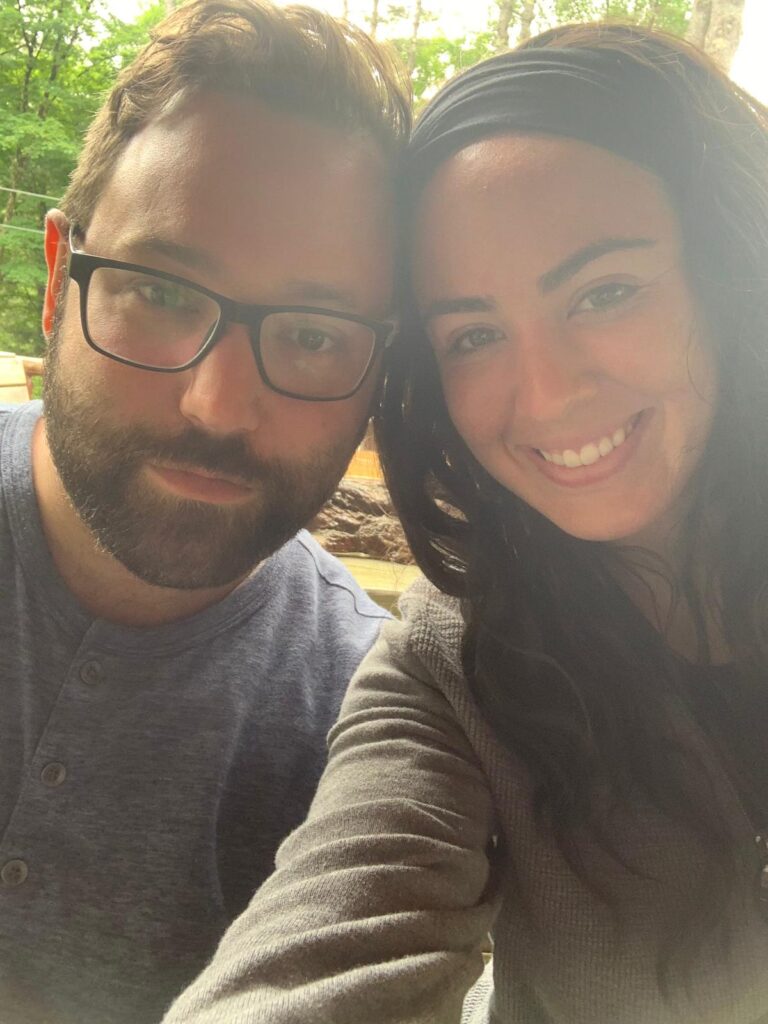
Yes, I went off two years ago. There was nothing I was gaining from Instagram that I couldn’t gain elsewhere. I would use it for recipes or outfit ideas, but I could really find that stuff in other places. I found I was on it for more superficial things and realized I was being judgmental in ways that I didn’t want to be. Being off of Instagram has really improved my outlook on life.
That makes sense. So with having mixed feelings on social media, what keeps you going with FGP?
It’s really amazing when someone made a connection from the group that really helped them, or that they got the resources they’ve been looking for. Actually, I have an unbelievable story about that. Recently, a woman in her early 40s reached out to me with a message request. She had been trying to have a child via IVF for years and went into heavy debt because of it. She was reaching out for chizuk, she had used all of her community and personal resources and just wanted to connect with someone in a similar situation about when they stopped trying. It was a heartbreaking post.
Within 15 or 20 minutes, I got a message from a woman saying, “Hi Jenna, I’m in my mid-30s and just got married. As a zechut for me to have a child, I would like to pay for an IVF treatment for her.” I was stunned. IVF is $15-20,000 per treatment. I asked how she wanted to go about it, and she said it was up to the poster. I ended up acting as an intermediary for them so they remained anonymous to each other. A couple of weeks later, the donor sent me a message saying a check for $16,000 was in the mail. No one will ever know what this specific person did except for me and the other intermediary. It’s so amazing, I was shaking when I got the offer. Things like that make it all worth it.
Want Jenna’s tips to get your own initiative off the ground? Click here!




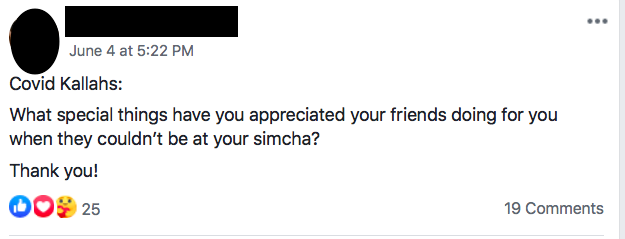
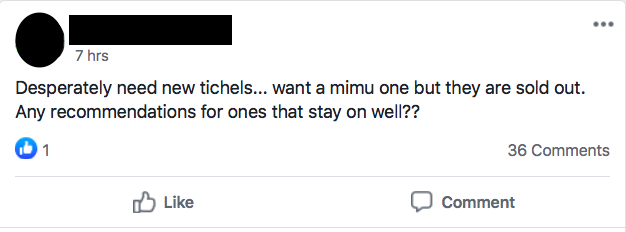
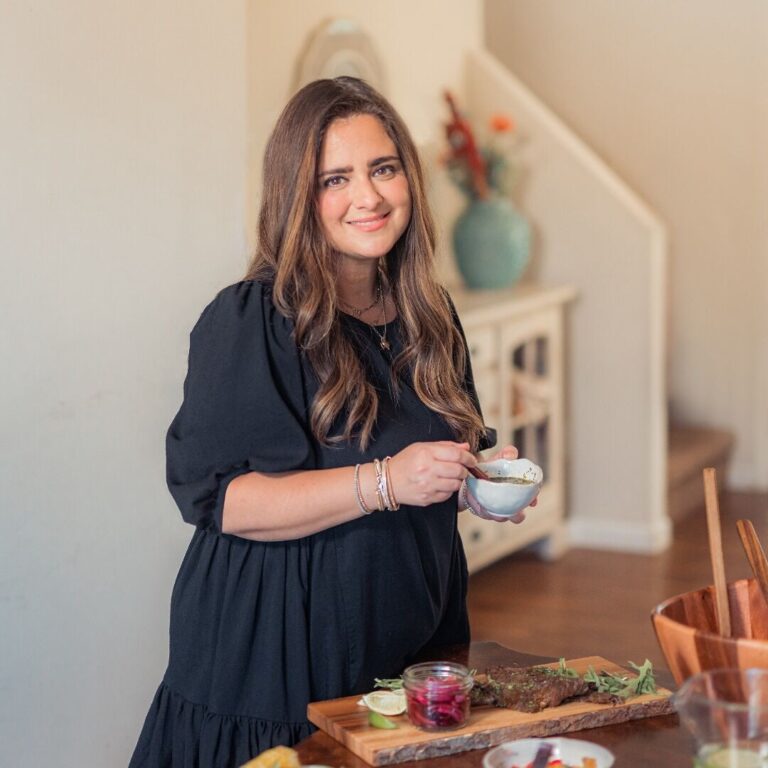




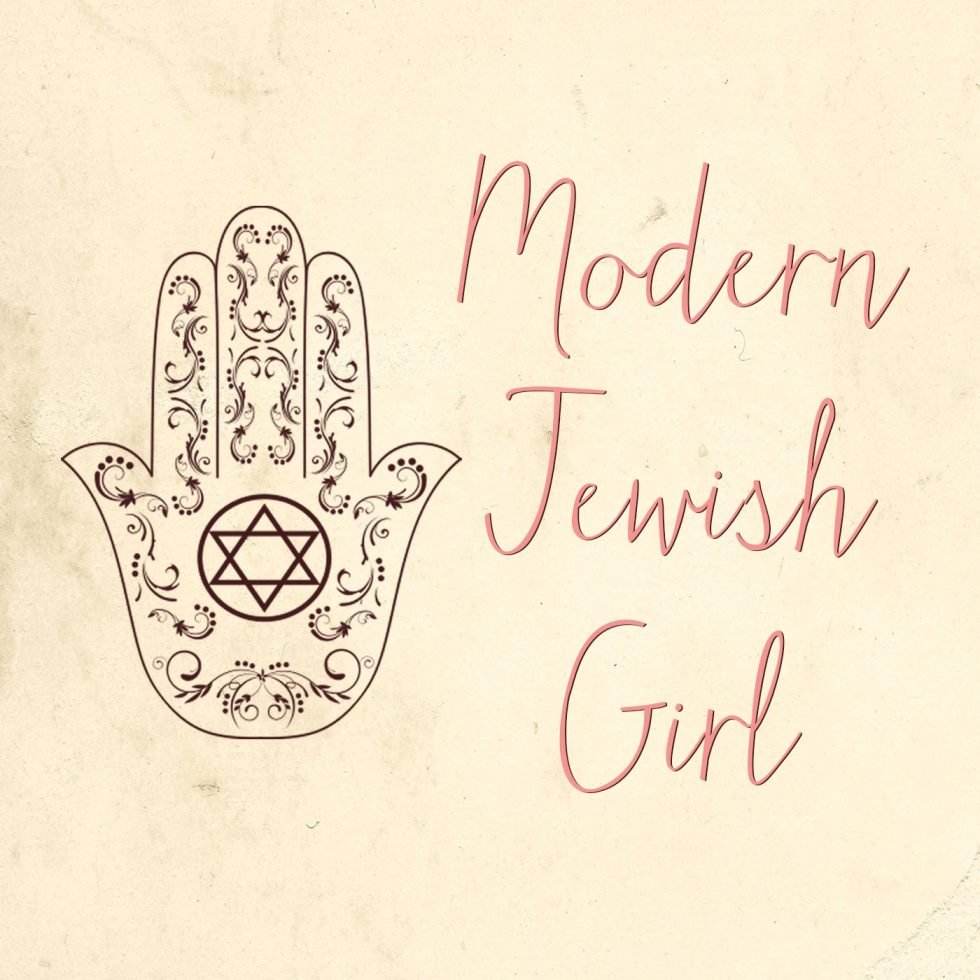
I do not even know how I ended up here, but I thought this post was good.
I don’t know who you are but certainly you’re going
to a famous blogger if you aren’t already 😉 Cheers!
Heya! I’m at work browsing your blog from my new
apple iphone! Just wanted to say I love reading
through your blog and look forward to all your posts!
Carry on the fantastic work!